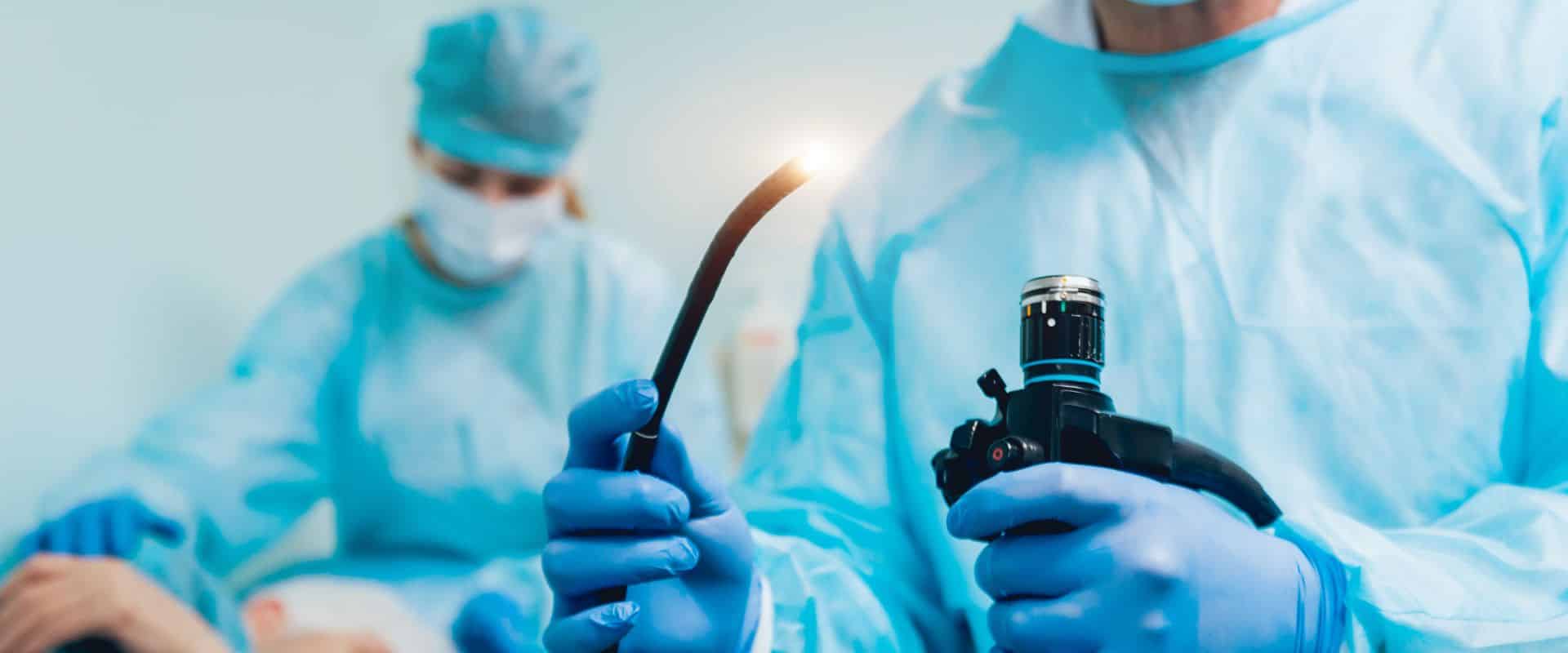Clostridioides difficile, often referred to as C. diff, is a bacterium that can cause inflammation in the bowel, typically following a course of antibiotics. It often leads to symptoms such as diarrhoea, stomach cramps, and fever. In more serious cases, C. difficile can result in severe dehydration or life-threatening colitis.
Australia has seen a rise in C. difficile infections in recent years, especially in hospital and aged care settings. While antibiotics are the standard treatment, they don’t always offer a lasting solution. Many patients experience repeated infections or side effects that make antibiotic treatment unsustainable.
Faecal microbiota transplant, or FMT, is emerging as a new option for patients with recurrent or treatment-resistant C. difficile. This treatment focuses on restoring healthy gut bacteria to help prevent further infection and improve gut health overall.
What is FMT (Faecal Microbiota Transplant)?
Introduction of healthy bacteria
FMT involves transferring processed stool from a screened donor into the patient’s gut. The transplant introduces good bacteria to help re-establish a healthy gut microbiome.
Balancing the microbiome
FMT aims to correct bacterial imbalances caused by antibiotics or illness. Restoring a diverse bacterial environment can help the body suppress harmful organisms like C. difficile.
Approved clinical settings
In Australia, FMT is performed in licensed healthcare facilities, such as hospitals and specialist clinics, under the supervision of highly trained gastrointestinal professionals.
Various delivery methods
FMT can be delivered via colonoscopy, capsules, or enemas. The method chosen often depends on the patient’s specific condition, gender, age, and the medical facility’s protocols.
Why use FMT for treating C. difficile infections?
High success rate
FMT treatment has shown an impressive success rate in managing recurrent C. difficile infections, particularly when antibiotics have failed to resolve symptoms.
Reduced recurrence
Compared to antibiotics alone, FMT may lower the risk of future infections. This is especially beneficial for patients who have had multiple episodes of C. diff.
Restores gut function
The treatment supports the regrowth of essential gut bacteria, helping the digestive system function properly again without the harmful overgrowth of many bacteria.
Evidence-based outcomes
Clinical trials in both Australia and overseas have reported consistent benefits, with many patients seeing a full resolution of symptoms after a single transplant.
Who is a candidate for FMT?
- Patients with recurrent infections: People who have experienced two or more episodes of C. difficile following antibiotic treatment are often considered for FMT treatment.
- Limited response to antibiotics: FMT may be recommended for individuals whose infections have not responded to standard antibiotic therapies, even after multiple courses.
- Antibiotic-related gut imbalance: Patients with disruption to their gut flora due to prolonged or frequent antibiotic use might benefit from the microbiome support FMT offers.
- Structured assessment required: Australian medical centres follow strict evaluation protocols to determine if a patient is a suitable candidate, ensuring safety and overall effectiveness.
What to expect during FMT
Pre-treatment screening
Before undergoing FMT, patients typically go through medical evaluations and screening tests to ensure the treatment is appropriate for their condition.
Donor testing and safety
Stool donors are carefully selected and screened for infections and other risk factors, following national safety guidelines and laboratory protocols.
Procedure administration
Depending on the clinical facility, FMT may be delivered via colonoscopy, oral capsules, or enemas. Your doctor will discuss the best method for your case.
Post-treatment recovery
Recovery usually includes short-term follow-up care, with most patients resuming normal activity quickly. Dietary guidance may also be provided for patients.
FAQs

No. In Australia, FMT is a regulated medical procedure and must be performed in a licensed healthcare setting to ensure safety and minimise risks.
For many patients, a single treatment can result in long-term improvement. However, some individuals may require additional procedures depending on their response.
Long-term risks are still being studied, but so far, most patients tolerate FMT well. Any potential risks should be discussed with your treating physician.
Some clinical programs may allow directed donation under specific circumstances, but most FMT procedures use stool from pre-screened, anonymous donors for safety reasons.
Take charge of your health with the right parasite treatment
Recurrent C. difficile infections can be exhausting to deal with—not just physically, but mentally too. As researchers and clinicians explore safer, more effective treatment options, FMT treatment has emerged as a promising alternative for those struggling with relapse or antibiotic resistance.Taking charge of your gut health starts with asking the right questions and weighing up all available options. With the right information and medical guidance, you can decide if a faecal microbiota transplant is a step worth considering.
